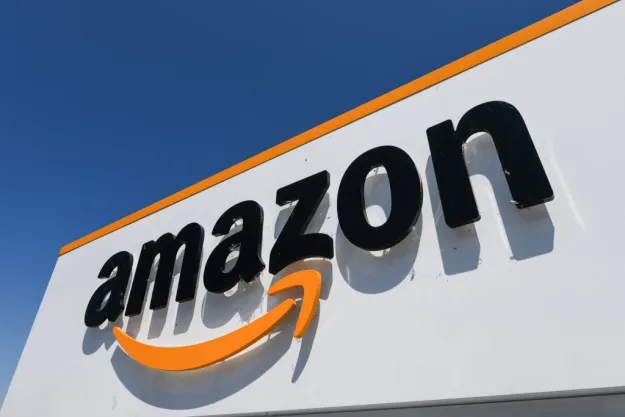Fake reviews for items on sites like Amazon are a nuisance at best and downright dangerous at worst.
Despite efforts to tackle the issue, it’s still a big problem for online shopping sites, so it comes as a surprise to learn that this week the Federal Trade Commission (FTC) achieved only its first settlement in proceedings that challenged a merchant’s use of fake, paid-for reviews.
The FTC targeted Cure Encapsulations, Inc. in a case that accused it of paying a third-party website to write and post fake Amazon reviews for its garcinia cambogia weight-loss supplement, and of making unsubstantiated claims for the product.
According to the FTC, the company advertised and sold “Quality Encapsulations Garcinia Cambogia Extract with HCA” capsules on Amazon.com as an appetite-suppressing, fat-blocking, weight-loss pill.
Supplements using garcinia cambogia have been at the center of much debate over the years, with many experts questioning the safety and effectiveness of the fruit extract for the purposes of weight loss.
The FTC said the company paid a website called amazonverifiedreviews.com to write and post reviews of the weight-loss product for its Amazon listing, and also claimed that it asked the reviewers to ensure it maintained a rating of at least 4.3 stars out of a maximum 5.
The reviews, as well as information displayed on the supplement’s product page on Amazon, were described as making “false and unsubstantiated claims,” for example, that the product “literally BLOCKS FAT From Forming.”
Settling the case this week, the FTC imposed a fine of $12.8 million, with $50,000 due immediately and the rest suspended upon specific conditions.
In addition, Cure Encapsulations has been ordered to contact customers who bought the supplement, and to inform Amazon that it used fake, paid-for reviews.
The company has also been banned from making the same or similar products unless it has “competent and reliable scientific evidence” of their effectiveness in the form of human clinical testing.
“People rely on reviews when they’re shopping online,” Andrew Smith, director of the FTC’s Bureau of Consumer Protection, said in a release. “When a company buys fake reviews to inflate its Amazon ratings, it hurts both shoppers and companies that play by the rules.”
Whether the FTC’s recent action marks the start of a more concerted effort to tackle the issue of fake, paid-for reviews remains to be seen.
Amazon is known to go after merchants that buy fake reviews as well as the companies that supply them, but insists the “vast majority” of reviews on its site are authentic.
The company told Digital Trends it welcomes the FTC’s work in this area, adding, “Amazon invests significant resources to protect the integrity of reviews in our store because we know customers value the insights and experiences shared by fellow shoppers.”
It said it has “clear participation guidelines for both reviewers and selling partners,” and, when necessary, acts against those who violate its policies.
Not sure if that super-positive Amazon review for an item you’re interested in is fake? Then follow Digital Trends’ top tips to find out.
Updated on February 28, 2019: Added statement from Amazon.
Editors' Recommendations
- Watch out — fake RTX 4090s are being sold on Amazon
- Amazon sues 10,000 Facebook groups over fake reviews
- The FTC is reviewing Microsoft’s Activision Blizzard deal
- Amazon says it blocked billions of counterfeit products in 2020
- Amazon removes popular tech accessory brands amid fake review scheme leak


